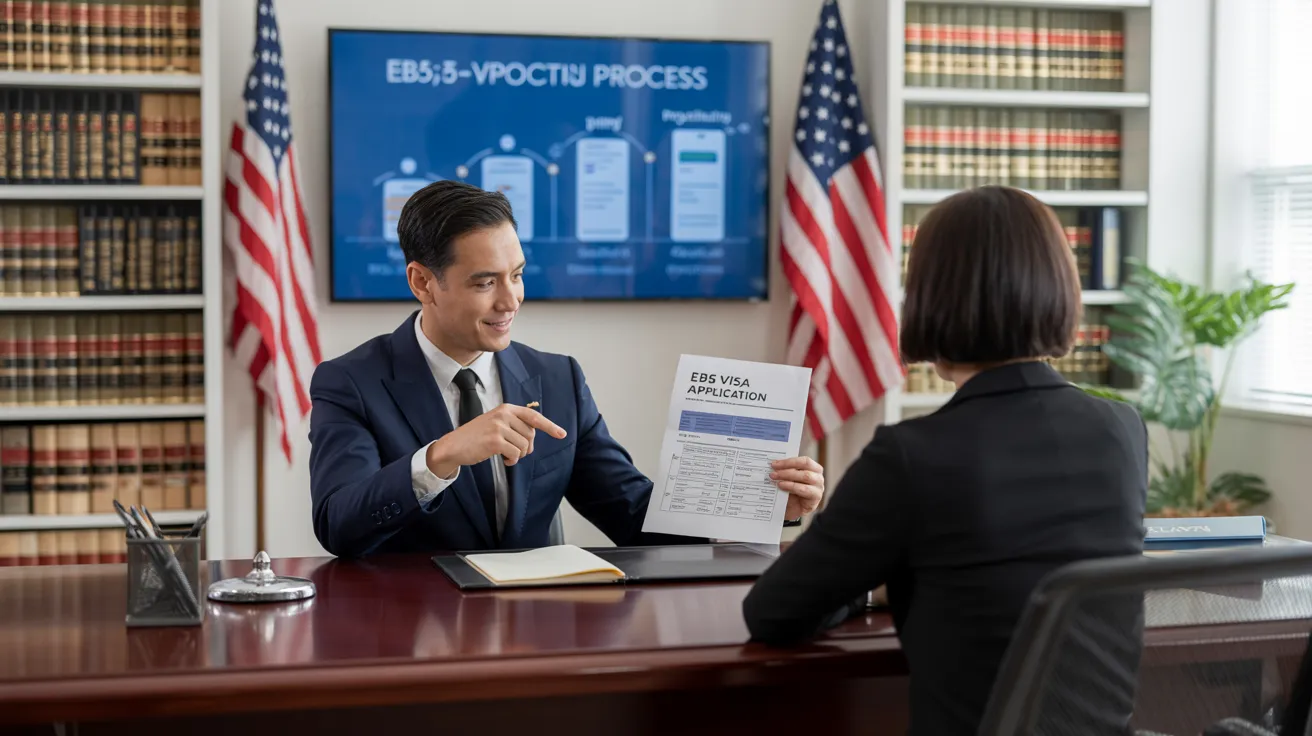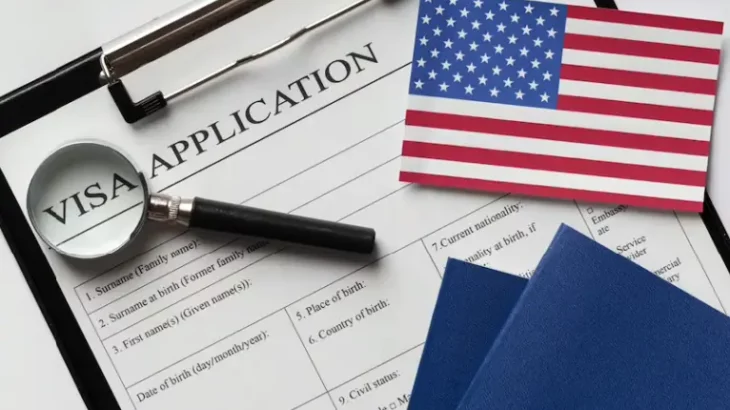L1 Visa Info
6 Simple Techniques For L1 Visa
Table of ContentsLittle Known Facts About L1 Visa.An Unbiased View of L1 VisaThe 15-Second Trick For L1 VisaThe Single Strategy To Use For L1 VisaAn Unbiased View of L1 VisaRumored Buzz on L1 Visa
Offered from ProQuest Dissertations & Theses Global; Social Scientific Research Premium Collection. DHS Office of the Examiner General. Fetched 2023-03-26.
U.S. Division of State. Obtained 22 August 2016. "Employees paid $1.21 an hour to mount Fremont tech firm's computers". The Mercury Information. 2014-10-22. Fetched 2023-02-08. Costa, Daniel (November 11, 2014). "Obscure short-term visas for international tech employees dispirit earnings". Capital. Tamen, Joan Fleischer (August 10, 2013). "Visa Owners Replace Employees".
The Best Strategy To Use For L1 Visa
In order to be eligible for the L-1 visa, the international firm abroad where the Recipient was employed and the united state company should have a qualifying partnership at the time of the transfer. The various kinds of qualifying relationships are: 1. Parent-Subsidiary: The Parent implies a company, corporation, or other lawful entity which has subsidiaries that it has and regulates."Subsidiary" implies a firm, company, or other legal entity of which a moms and dad possesses, straight or indirectly, even more than 50% of the entity, OR possesses less than 50% however has management control of the entity.
Example 1: Firm A is integrated in France and uses the Beneficiary. Business B is incorporated in the U.S. and wants to petition the Recipient. Company A possesses 100% of the shares of Business B.Company A is the Parent and Firm B is a subsidiary. Consequently there is a certifying relationship between both firms and Firm B ought to be able to sponsor the Beneficiary.
Instance 2: Company A is incorporated in the U - L1 Visa.S. and intends to request the Beneficiary. Company B is included in Indonesia and employs the Recipient. Business An owns 40% of Firm B. The continuing to be 60% is had and regulated by Company C, which has no relation to Business A.Since Company A and B do not have a parent-subsidiary connection, Business A can not fund the Beneficiary for L-1.
Instance 3: Business A is integrated in the U.S. and intends to request the Beneficiary. Company B is incorporated in Indonesia and employs the Recipient. Firm A has 40% of Business B. The continuing to be 60% is owned by Firm C, which has no relation to Company A. Nevertheless, Firm A, by official agreement, controls and complete takes care of Firm B.Since Company A has much less than 50% of Business B however manages and manages the company, there is a qualifying parent-subsidiary connection and Firm A can fund the Recipient for L-1.
The Best Guide To L1 Visa
Affiliate: An associate is 1 of 2 subsidiaries thar are both owned and controlled by the same parent or person, or possessed and managed by the exact same team of people, in primarily the same ratios. a. Instance 1: Firm A is incorporated in Ghana and uses the L1 Visa process Beneficiary. Company B is included in the united state
Company C, also included in Ghana, possesses 100% of Business A and 100% of Business B.Therefore, Company A and Firm B are "associates" or sister firms and a certifying connection exists in between the 2 business. Firm B need to have the ability to sponsor the Beneficiary. b. Instance 2: Business A is included in the U.S.
Firm A is 60% possessed by Mrs. Smith, 20% owned by Mr. Doe, and 20% possessed by Ms. Brown. Firm B is included in Colombia and currently utilizes the Beneficiary. Business B is 65% owned by Mrs. Smith, 15% had by Mr. Doe, and 20% owned by Ms. Brown. Firm A and Company B are affiliates and have a certifying partnership in 2 different means: Mrs.
The L-1 visa is an employment-based visa category developed by Congress in 1970, allowing international business to move their supervisors, execs, or key workers to their U.S. procedures. It is generally referred to as the intracompany transferee visa.

In addition, the recipient should have worked in a managerial, executive, or specialized staff member placement for one year within the 3 years coming before the L-1A application in the foreign firm. For brand-new workplace applications, foreign employment needs to have been in a supervisory or executive capability if the beneficiary is concerning the United States to function as a manager or exec.
Fascination About L1 Visa

If granted for a united state company operational for even more than one year, the preliminary L-1B visa is for as much as three years and can be expanded for an added 2 years (L1 Visa). Conversely, if the united state business is freshly established or has been operational for less than one year, the initial L-1B visa is released for one year, with expansions readily available in two-year increments
The L-1 visa is an employment-based visa classification developed by Congress in 1970, allowing international firms to move their supervisors, executives, or key employees to their united state procedures. It is generally referred to as the intracompany transferee visa. get started There are two main types of L-1 visas: L-1A and L-1B. These types are appropriate for employees worked with in different positions within a firm.
The Basic Principles Of L1 Visa
In addition, the beneficiary has to have operated in a supervisory, exec, or specialized staff member position for one year within the three years coming before the L-1A application in the foreign company. For brand-new office applications, foreign employment has to have remained in a supervisory or executive capacity if the recipient is concerning the United States to work as a supervisor or exec.
for up to 7 years to manage the operations of the united state associate as an executive or supervisor. If issued for a united state business that has been operational for more than one year, the L-1A visa is at first provided for approximately three years and can be expanded in two-year increments.
If given for a united state business functional for greater than one year, the first L-1B visa is for approximately three years and can be expanded for an additional two years. Conversely, if the U.S. firm is freshly developed or has actually been operational for much less than one year, the initial L-1B visa is released for one year, with extensions readily available in two-year increments.